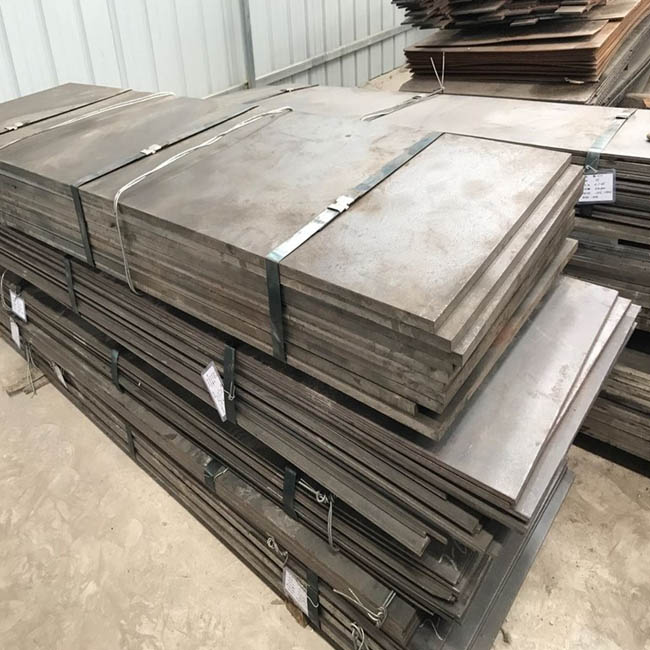Tel.: +86 714 3703 589 E-mail: [email protected]
Tool steels are high-quality carbon and alloy steels, commonly used to make cutting edges, reamers, drills etc. for machining metals, plastics and wood. They are usually melted and processed in a furnace to give them the properties needed to form other metals into useful components. They are ingot forged products capable of withstanding high temperatures and heavy loads. Tool steels often contain carbide formers such as chromium, vanadium, molybdenum and tungsten in various combinations, as well as cobalt or nickel for enhanced high-temperature properties.
The tool steels are supplied in a soft or annealed condition so that they can be machined into tool components. These steels can be heat treated to increase hardness after the tool has been made.
There are six groups of tool steels: water-hardening tool steels, cold-work tool steels, shock-resistant tool steels, high-speed tool steels, hot-work tool steels, and special purpose. The choice of group to select depends on cost, working temperature, required surface hardness, strength, shock resistance, and toughness requirements.[2] The more severe the service condition (higher temperature, abrasiveness, corrosiveness, loading), the higher the alloy content and consequent amount of carbides required for the tool steel.
Tool steels are used for cutting, pressing, extruding, and coining metals and other materials. Their use in tooling is essential; injection molds for example require tool steels for their resistance to abrasion- an important criterion for mold durability which enables hundreds of thousands of moldings operations over its lifetime.
The AISI-SAE grades of tool steel is the most common scale used to identify various grades of tool steel. Individual alloys within a grade are given a number; for example A2, O1, etc.

The cold-work tool steels include the O series (oil-hardening), the A-series (air-hardening), and the D series (high carbon-chromium). These are steels used to cut or form materials that are at low temperatures. This group possesses high hardenability and wear resistance, and average toughness and heat softening resistance. They are used in the production of larger parts or parts that require minimal distortion during hardening. The use of oil quenching and air-hardening helps reduce distortion, avoiding the higher stresses caused by quicker water quenching. More alloying elements are used in these steels, as compared to the water-hardening class. These alloys increase the steels' hardenability and thus require a less severe quenching process and as a result, are less likely to crack. They have a high surface hardness and are often used to make knife blades. The machinability of the oil hardening grades is high but for the high carbon-chromium types is low.
The main properties of tool steels are as follows.
Toughness.
Wear resistance.
Hardness.
Heat resistance.
Areas of application.
Forming, stamping, cutting and shearing of plastics and metals.
Extrusion of plastic profiles, such as vinyl window frames and pipes.
Stamping computer parts from sheet metal.
Cutting of steel coils into strips.
Dies for pressing powdered metal into forms such as gears.
As a tool steel supplier, Risunsteel, based on the over one hundred years’ production history of special steel in Huangshi, provide professional services and material for cutting tool companies, mould companies and other industrial enterprises all over the world for years.
Our special steel products are exported to many countries with a good reputation. For examples, South Korea, Vietnam, India, Canada, the United States, Brazil, Pakistan, New Zealand, etc. If you want to get more information about tool steel wholesale, please contact us.